Plastic pallets: a reliable and modern solution for logistics processes
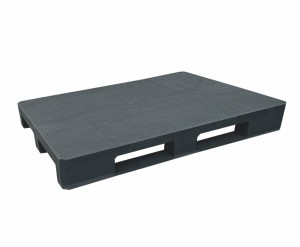 Plastic pallets, also known as plastic skids, are one of the most popular choices for transporting and storing goods across various industries. These pallets stand out for their lightweight design, resistance to moisture and chemicals, and durability, making them an efficient solution for both domestic logistics and international freight transport. Due to their numerous advantages over traditional wooden pallets, plastic skids are becoming an increasingly preferred choice.
Plastic pallets, also known as plastic skids, are one of the most popular choices for transporting and storing goods across various industries. These pallets stand out for their lightweight design, resistance to moisture and chemicals, and durability, making them an efficient solution for both domestic logistics and international freight transport. Due to their numerous advantages over traditional wooden pallets, plastic skids are becoming an increasingly preferred choice.
Types of plastic pallets
When selecting plastic pallets, it is essential to understand the different types available and how they meet specific requirements:
- Standard plastic pallets: A universal solution for transporting and storing goods. They are lightweight, durable, and can be used manually or with forklifts and other loading equipment.
- Plastic euro pallets: These pallets comply with European standard dimensions (1200×800 mm), making them ideal for international shipping. They maximize warehouse space efficiency and ensure secure cargo handling.
- Hygienic plastic pallets: Perfect for the food, pharmaceutical, and other industries that require high hygiene standards. These pallets are easy to clean, moisture-resistant, and resistant to various chemicals.
- Heavy-duty plastic pallets: Designed for intensive use and heavy loads, these pallets are suitable for transporting large and heavy goods and for long-term storage.
- Half-size plastic pallets: Smaller pallets ideal for lighter loads. They take up less storage space and are widely used in retail and small-scale manufacturing.
Why choose plastic pallets?
Plastic pallets offer numerous advantages over traditional wooden pallets:
- Durability and strength: Plastic skids are resistant to mechanical damage, moisture, and temperature fluctuations, making them last significantly longer than wooden pallets.
- Hygienic properties: Plastic pallets are easy to clean, do not absorb moisture, and are resistant to mold and bacteria, making them ideal for food, pharmaceutical, and other industries requiring strict hygiene control.
- Chemical resistance: Plastic pallets are resistant to aggressive chemicals, making them suitable for use in manufacturing processes where exposure to chemical products is common.
- Eco-friendliness: Most plastic pallets are recyclable, contributing to more sustainable and environmentally friendly logistics.
How to choose the right plastic pallets?
When selecting plastic pallets, consider the following key factors:
- Load capacity and dimensions: Assess the weight and size of the goods to be stored or transported. For heavier loads, opt for heavy-duty pallets.
- Stacking and storage options: Ensure that the pallets are compatible with your storage system. Some pallets are stackable, while others are designed for automated storage systems.
- Standards and certifications: If working with international shipments, verify that the pallets meet international standards such as EUR or ISO.
- Recyclability: If sustainability is a priority for your business, choose pallets made from recycled materials or those that can be fully recycled after use.
Looking for modern and reliable logistics solutions? Explore our related categories for plastic storage boxes, plastic barrels, plastic containers, and other storage equipment to optimize your logistics processes efficiently.
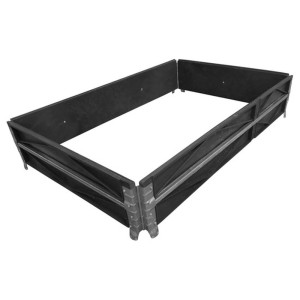
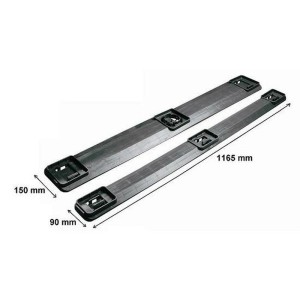
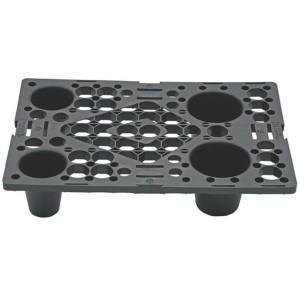
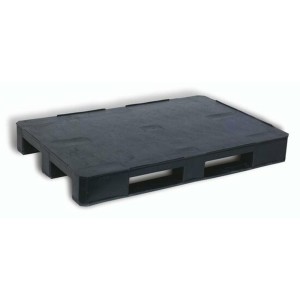
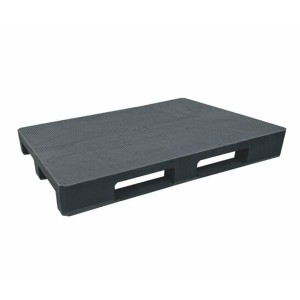

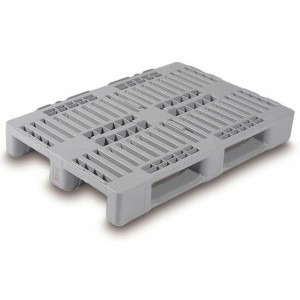
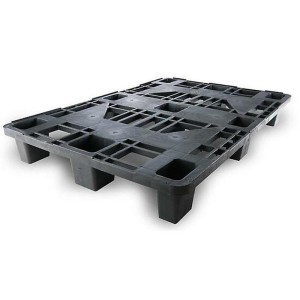
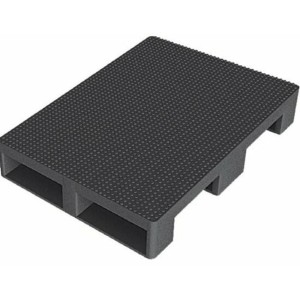
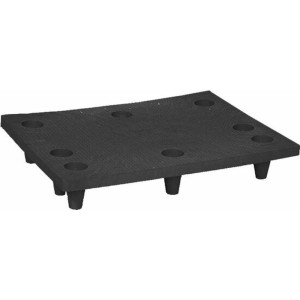
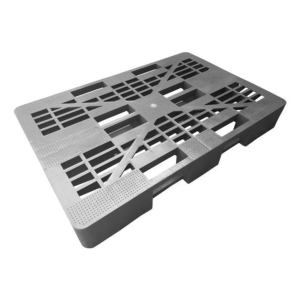

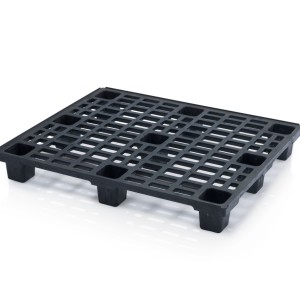
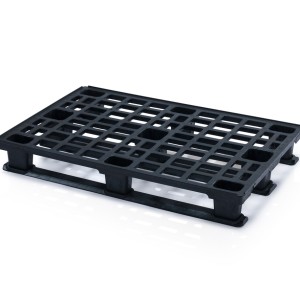
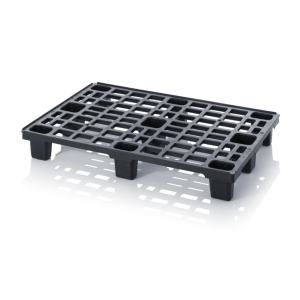
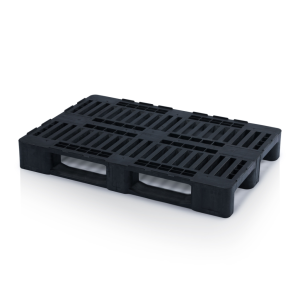
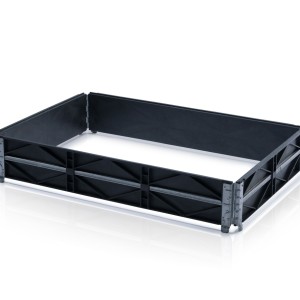
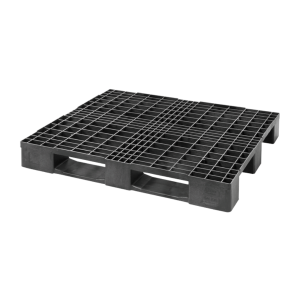
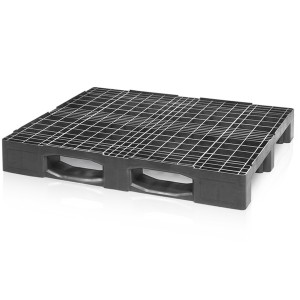

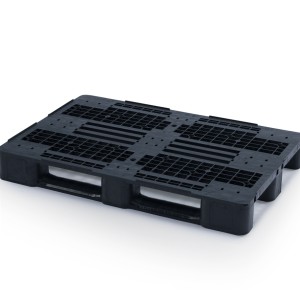
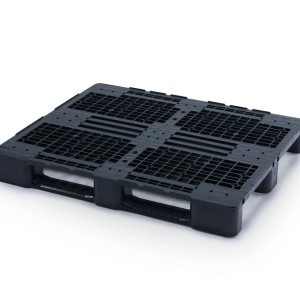




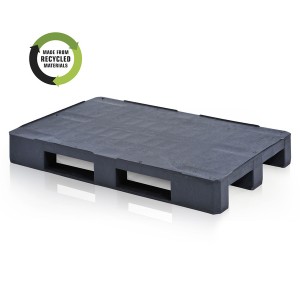
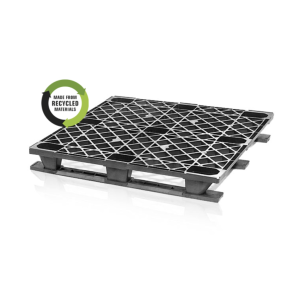
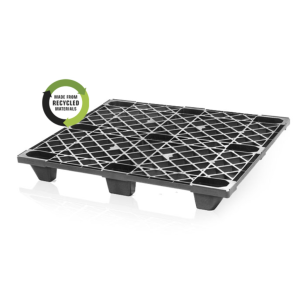
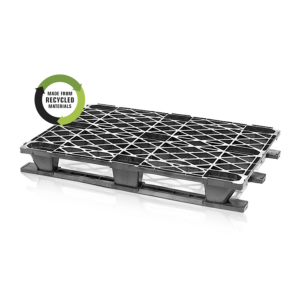
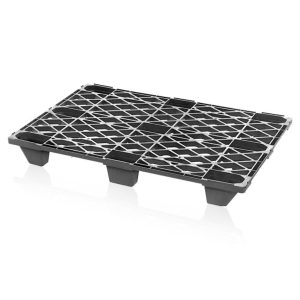
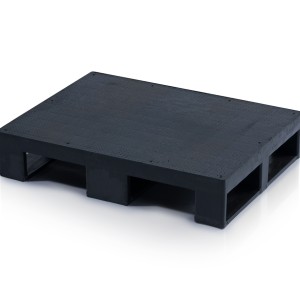
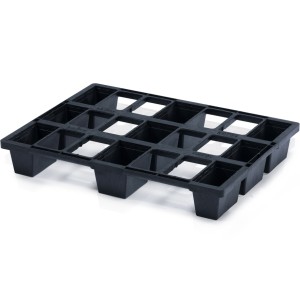
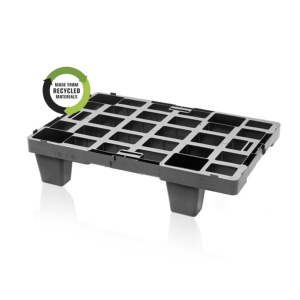
 Plastic pallets, also known as plastic skids, are one of the most popular choices for transporting and storing goods across various industries. These pallets stand out for their lightweight design, resistance to moisture and chemicals, and durability, making them an efficient solution for both domestic logistics and international freight transport. Due to their numerous advantages over traditional wooden pallets, plastic skids are becoming an increasingly preferred choice.
Plastic pallets, also known as plastic skids, are one of the most popular choices for transporting and storing goods across various industries. These pallets stand out for their lightweight design, resistance to moisture and chemicals, and durability, making them an efficient solution for both domestic logistics and international freight transport. Due to their numerous advantages over traditional wooden pallets, plastic skids are becoming an increasingly preferred choice.